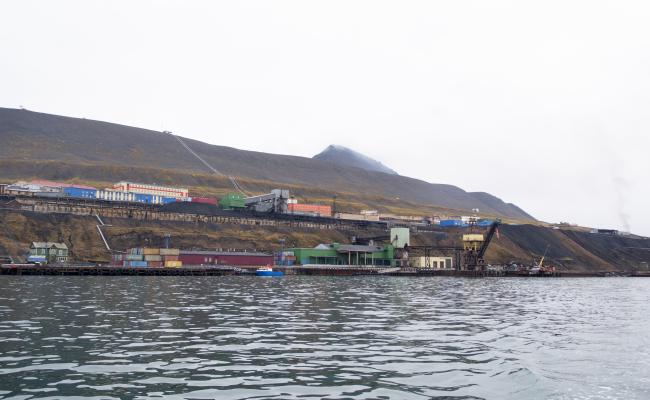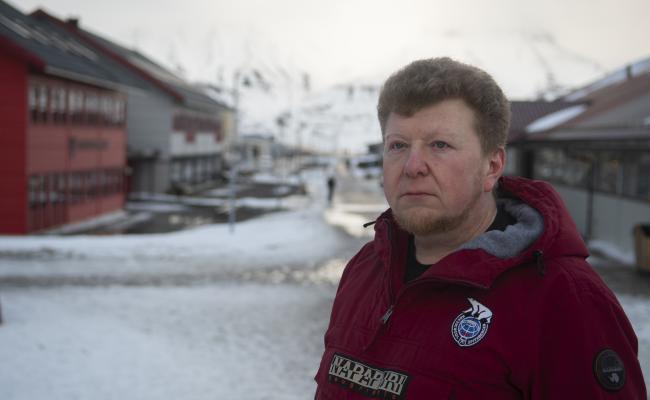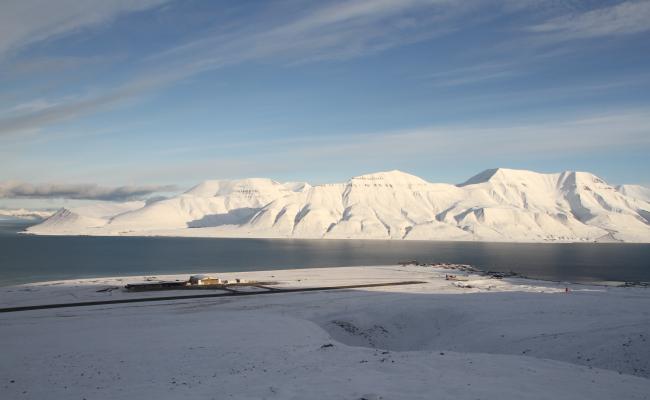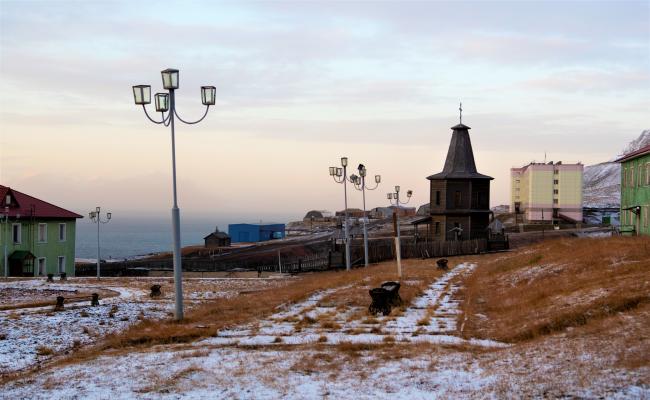Russia Plans Grand Upgrade of Svalbard Infrastructure
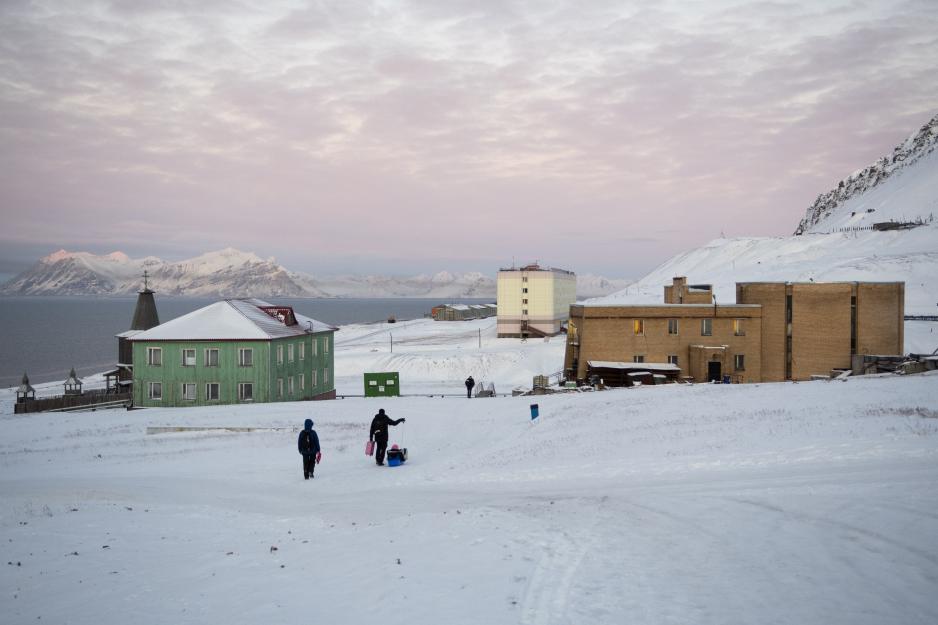
The Russian mining town by Grønfjorden on Svalbard is owned by the state coal mining company Trust Artikugol. Here are, among other things, a coal-fired power plant, kindergarten, school, hospital, research center, hotel, culture and sports building, as well as a Russian consulate. (Photo: Line Nagell Ylvisåker).
The infrastructure in the Russian settlements Barentsburg and Pyramiden is to be modernized, according to Russia's Minister for Development of the Russian Far East and Arctic. The investment framework is estimated at around NOK 300 million.
Russia is planning a modernization of the public infrastructure in the Russian settlements Barentsburg and Pyramiden on Svalbard, says Alexei Chekunkov, Minister for Development of the Russian Far East and Arctic, in an interview with the Russian state-run newspaper Rossiyskaya Gazeta.
According to Chekunkov, the upgrade is estimated to cost 1.5 billion rubles or around NOK 300 million, and the ministry will submit proposals for how this should be done. He also notes that it is urgent to carry out this work.
As a backdrop to it all, the minister points to tourist interest in the old settlements Barentsburg and Pyramiden, which he says can be considered 'time machines', and that Russian authorities see it as an important task to maintain their museum characteristics.
Points out the potential for more tourism
Chekunkov also believes that hotels must be built in the settlements and that the snow scooter park must be upgraded. According to new figures from Statistics Norway, Barentsburg and Pyramiden have 391 inhabitants, which is 13 more inhabitants than in the second half of last year.
"We obviously need to attract private businesses. We are now preparing concepts to make it interesting for private companies. There are prospects for more cruise tourism. Few people know that there are memorable places there," says the minister.
Continuing, he refers to the well-known, now deceased, Russian ballet dancer Maja Plisetskaja, who lived on Svalbard for a few years. She was the daughter of one of the first directors of the then Soviet (now Russian) state-owned company Trust Arktikugol, which bought the mining town of Barentsburg in 1932.

The Barentsburg port area. Activities in the settlement are mainly coalmining and also tourism, the latter currently subject to a local boycott, operated by the Russian state-owned coalmining company Trust Arktikugol and its tourism subsidiary Grumant. (Photo: Line Nagell Ylvisåker)
In the near future
Trust Arktikugol owns and manages the Russian settlements on Svalbard and the company's current director Ildar Neverov confirms the plans for modernization.
"Investments are to be made in the systems for heating and water supply. The ports will also be improved. The work will start in the near future," says Neverov to NRK.
He also points out the great potential for tourism in Barentsburg and Pyramiden.
In recent years, Barentsburg has been significantly upgraded, among other things with a view to tourism, as previously described by High North News.
Can become tricky
The Svalbard Treaty is an international agreement from 1920 providing Norway with sovereignty over Svalbard while also ensuring certain rights for all other countries that are signatories to the treaty.
Citizens and companies from the 46 signatories, Norway included, have equal right to stay on the archipelago and run business activities there, such as fisheries, trapping, and mining. In these areas, Norway is not allowed to differentiate policies based on nationality.
The Russian state's presence on and interest in Svalbard and the surrounding sea areas has presented and may continue to present challenges for Norway related to the assertion of sovereignty (such as within fisheries management) and security policy, as High North News has previously shed light on in various ways.
This spring, for example, Tormod Heier, a researcher at the Norwegian Defence University College, pointed to the possibility of Russia – in the event of a potential crisis vis-à-vis NATO in, for example, the Baltic Sea – wishing to expand its defense zone around its northern nuclear forces to include Svalbard, among other places.
On Thursday, a Norwegian coal company based in Svalbard, Store Norske, also announced plans to invest large sums in Svalbard. The company will upgrade its residential and commercial property in Longyearbyen.
Also read
This article was originally published in Norwegian and has been translated by Birgitte Annie Molid Martinussen.


